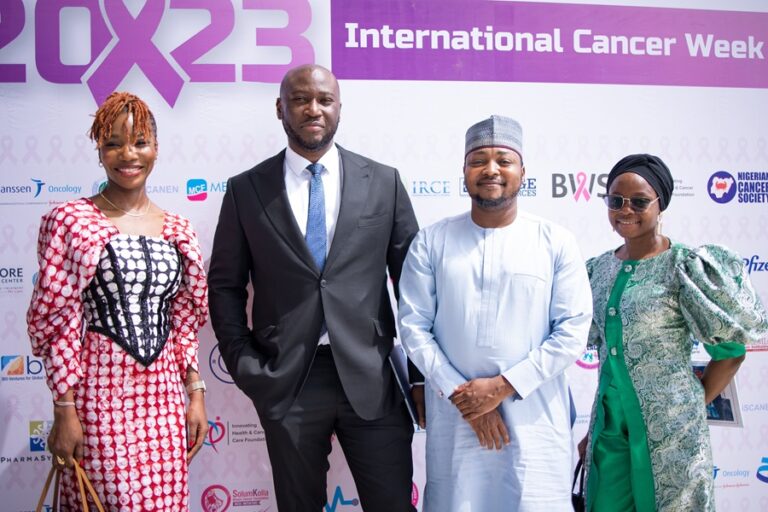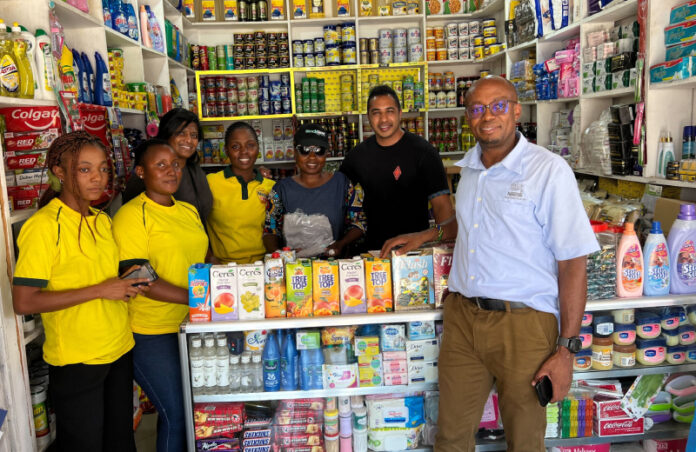Nigerian Biotech Startup, Syndicate Bio Collaborates With NICRAT to Launch Cancer Genome Project

The National Institute for Cancer Research and Treatment (NICRAT) and Nigerian biotech startup Syndicate Bio have announced a strategic partnership to launch the Cancer Genome Nigeria project.
The study’s goal is to close the gap in cancer disparities by examining the most common cancers among more than 300 ethnolinguistic groups and Nigeria’s six geopolitical zones.
Along with Drs. Jumi Popoola and Estelle Dogbo, Syndicate Bio was founded in September by Dr. Abasi Ene-Obong, the former founder and CEO of the now-defunct Nigerian genomics startup 54gene. Through partnerships with governments, pharmaceutical companies, academia, and other important industry stakeholders, Syndicate Bio is deepening the impact of precision medicine locally while producing priceless datasets that improve global health outcomes and speed up drug discovery and development.
The strategic cooperation between the firm and NICRAT would involve a concerted effort to address cancer detection and treatment for Nigerian patients. Through this project, patients in Nigeria would have greater access to targeted therapies by increasing the availability and accessibility of next-generation sequencing (NGS) based cancer testing in the nation. Participating physicians will also receive precision medicine training to ensure they are equipped to offer patients in the program individualized treatment plans and support genetic counseling services, ultimately leading to long-term and revolutionary standards of care.
The program, which began with 100 participants in a pilot project to sequence the most frequently occurring oncogenes linked to solid tumors (breast, prostate, NSCLC, liver, and colorectal cancer) in the nation, is expected to grow to 10,000 patients over the course of the following five years.
“The disparities in cancer care in Nigeria and across Africa, represent an ecosystem challenge that demands tailored solutions. Syndicate Bio’s approach forges collaborative engagement with existing healthcare systems and stakeholders as a means to drive local impact across Africa and inclusive advancements in global genomics. This is why our partnership with NICRAT is important for the advancement of cancer research and treatment outcomes in Nigeria, the impact of which will be felt across the world through the inclusion of diverse genomes in global cancer research. NICRAT’s reach will ensure that the benefit of this study is felt across all of Nigeria’s geopolitical regions and enable the delivery of precision medicine to patients in Nigeria,” said Dr Ene-Obong.







